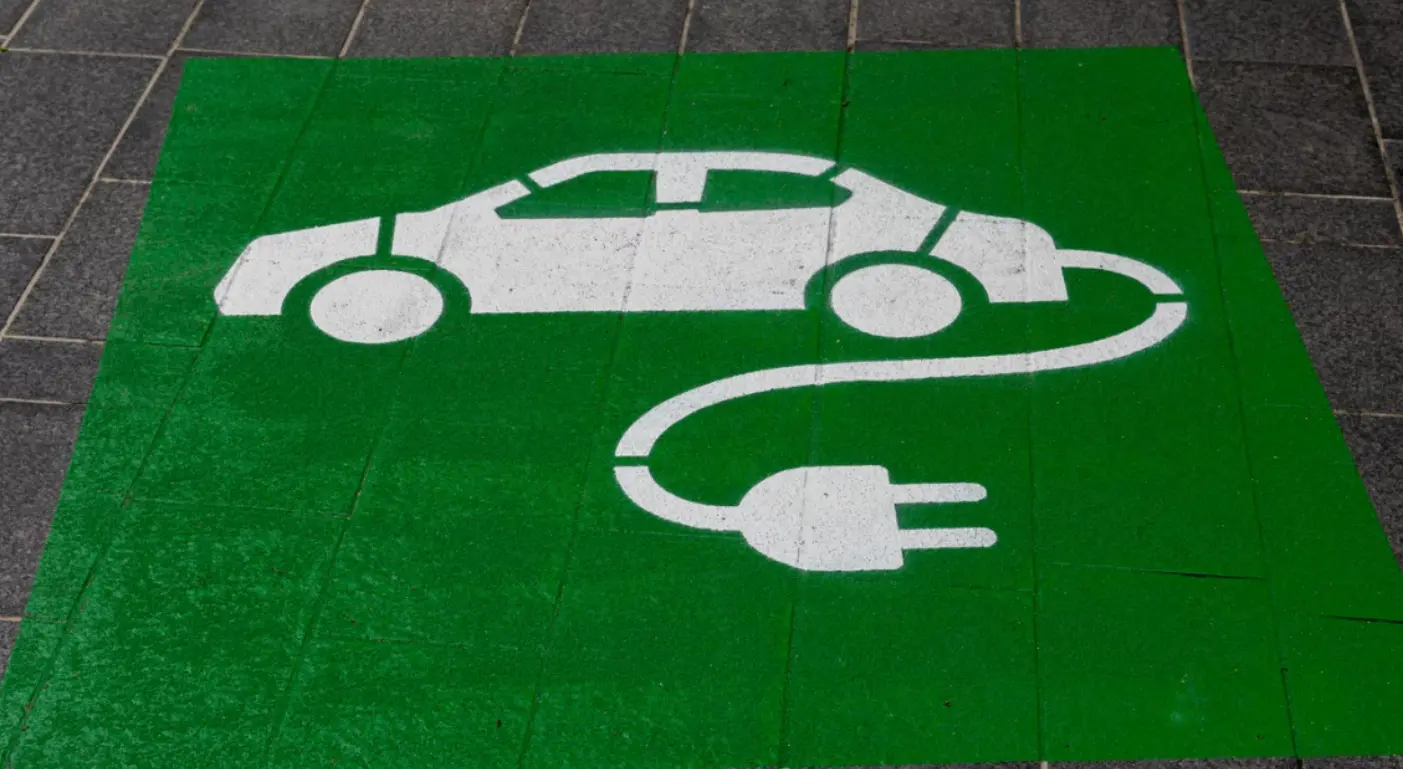My straight and honest answer, yes. Replacing a worn out car, age 20 years or more with an electric one can and would help the environment. But apart from there, there’re lots of disclaimers and asterisks for this claim.
This is a continuation from this series. You can refer to the Part 1 here of Does Electric Vehicle EV Saves the Environment & Earth
The stuff you consumed matters more than the EV
The shirt you buy from overseas. The ‘imported’ butter, cheese that you loved. The vegetables, grown and harvest freshly from some Dutch farm. All these, are not “green”. A boat, carries across ocean. Flown to warehouse, and it sits there, and ship again 100 to thousands of miles to the respective store, supermarket or groceries. This contributes to the pollution and green house gas. If you are a consumer that love imported goods, your shopping behaviour possess far damaging to the environment than you merely changing to an EV.
What you can do instead was to buy more locally sourced consumer goods. However, it’s entirely impossible to buy everything local due to globalization; your iPhone is made in China for example. But instead of buying the Dutch potatoes, you can get one grown by your local farmers. Buy the chocolate made in your country rather than the premium ones from Swiss. The meat, milk, vegetables, shirt … the list goes on.

The save the environment fallacy
The EV does give a ‘feel good I save the environment’ notion. It has been over-marketed that way by car manufacturers. Supplemented by the fact that buyers would justify that further from the added cost of an EV.
You can save the environment more by being more enthusiasted of “walking”, and taking the public transport. Don’t be lazy.
Another point here I want to make. Say you have an EV. If the car is difficult to charge, if it takes driving an extra 50 miles off your route to find a charger on a normal trip. Multiply that by the numbers of ’extra 50miles’ you have to make per year. In many ways, this is a waste of extra miles you have to make just to find the available DC fast charger!
Public Transport VS The Electric Vehicle
Here’s the thing: when you look at all the factors, public transport is actually much better for the environment than personal electric vehicle. Even a bus that runs on traditional gasoline-powered engine. You might think that electric cars are green because they don’t pollute as much as gas-powered vehicles do, but when you consider how much energy it takes to build an electric car in the first place, plus the mining of Lithium and Nickel, the green-factor of a public transport (without owning an EV) is multitude higher than owning an EV.
On top of all that, public transportation systems take up less space than private passengers cars. Imagine the spaces a city would need to accommodate if everyone drove their own vehicle everywhere they went (think about how much more parking space would be needed!). All told, when you add up all these factors together; less pollution from production, less space needed, fewer materials used per vehicle produced.
Personally, the biggest gripe of public transport adoption in this context falls into 2 reasons only :
- bad infrastructure, when city was build just for cars like the US and Malaysia, people hesitate to take public transport as it becomes more difficult to do so. The last mile connectivity just isn’t there.
- EV was mostly bought by the rich. Even though there are more budget-friendly EVs now. The big bulk of the purchase are from the upper middle class and above. And these people will always prefer to drive, rather than taking public transport.
To promote a greener transportation. Local councils would need to rethink
Conclusion
I know I am repetitive. EVs are being sold as a solution to save the environment: eye-catching advertisements, offering you to save the planet with an electric car. The truth is that buying an EV isn’t enough to save the planet: it requires you to be mindful of your carbon footprint. To supplement the save-the-earth campaign, is to take the public transport whenever you can, and buy locally made products; start living sustainability! Lastly, if vote for a local council that would support the green initiative, that includes building a better infrastructure for public transport.
And … STOP telling people you are saving the earth just because you have a Tesla Model S!
